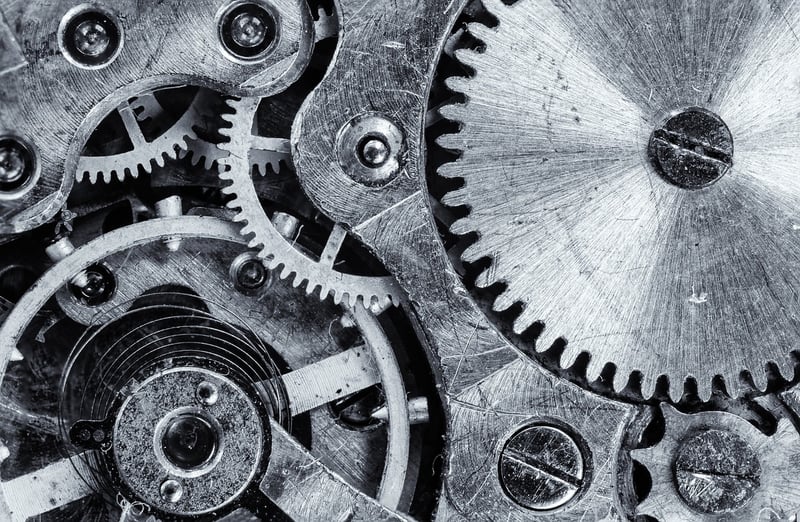Temporal Paradoxes
The Science Behind Temporal Paradoxes
Time travel has long been a fascinating concept in science fiction, but what does science have to say about it? Let's delve into the theories and principles that underpin temporal paradoxes.
Understanding Time Travel
According to the theory of relativity proposed by Albert Einstein, time is not a fixed entity but can be influenced by gravity and speed. This forms the basis for the concept of time dilation, where time can move at different rates for different observers.
Temporal Paradoxes Explained
Temporal paradoxes, such as the famous grandfather paradox, occur when a time traveler changes the past in a way that makes it impossible for the present to exist as it does. This leads to logical inconsistencies and challenges our understanding of cause and effect.
The Grandfather Paradox
In the grandfather paradox, a time traveler goes back in time and prevents their grandfather from meeting their grandmother. This would mean the time traveler is never born, which raises the question: if the time traveler was never born, how could they go back in time to prevent their own birth?
Resolution of Paradoxes
Various theories have been proposed to resolve temporal paradoxes, including the idea of multiple timelines or parallel universes. These concepts suggest that when a time traveler changes the past, they create a new branch of reality rather than altering their own timeline.
Conclusion
While time travel and temporal paradoxes remain theoretical concepts, they challenge our understanding of the universe and the nature of causality. Exploring these ideas allows us to stretch the limits of our imagination and contemplate the mysteries of time.

For further reading on the science behind temporal paradoxes, you can check out Space.com.
